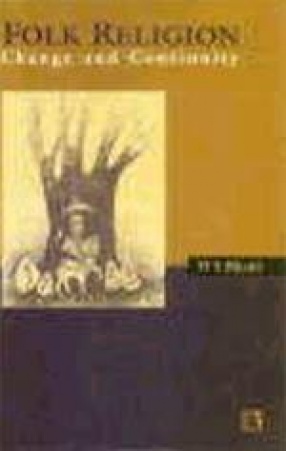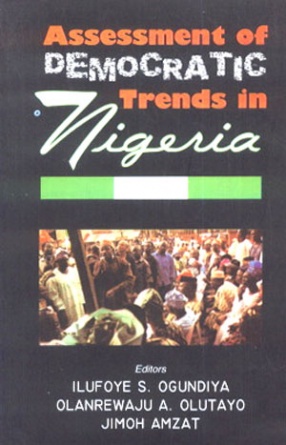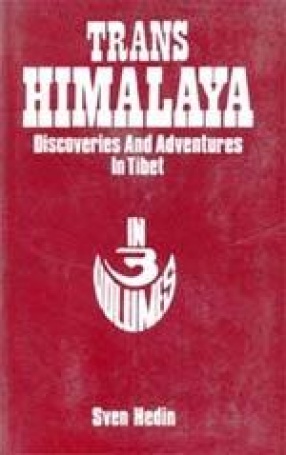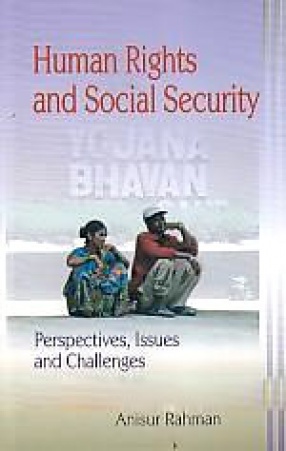This study is an outcome of two decades of close observation and detailed inquiry of folk religion of Punjab. It presents folk religion in a new light by placing it in the broader context of social structure and cultural consciousness. Traditionally folk cults were viewed as degenerate forms of organised religions or remnants of old religious traditions. In the present study these are viewed as processes of alternative conceptualisation. The basic premise is that folk religion is a collective intellectual exercise, which creates, transforms and even inverts traditional symbols to comprehend and explain the complexities of experiences. For the purpose of this study, the author has selected three major cults of Northern India, namely, Gugga Jahir Pir, Sakhi Sarvar and the cult of Seetla Mata. Collectively these cults represent the crux of the folk religion of Punjab. The legends, rituals, beliefs and other practices associated with these cults are incisively analysed by using various theoretical insights of sociology, anthropology, psycho-analysis and post-structuralist approaches. It is hoped that the book will stimulate those interested in the understanding and interpretation of religion, culture, folklore and study of symbols. It will be equally useful for the students of sociology of religion, indology and Punjabi culture.
Folk Religion: Change & Continuity
In stock
Free & Quick Delivery Worldwide
reviews
Bibliographic information
Title
Folk Religion: Change & Continuity
Author
Edition
1st ed.
Publisher
ISBN
8170336082
Length
224p., Index; Bibliography; Glossary; 23cm.
Subjects





There are no reviews yet.